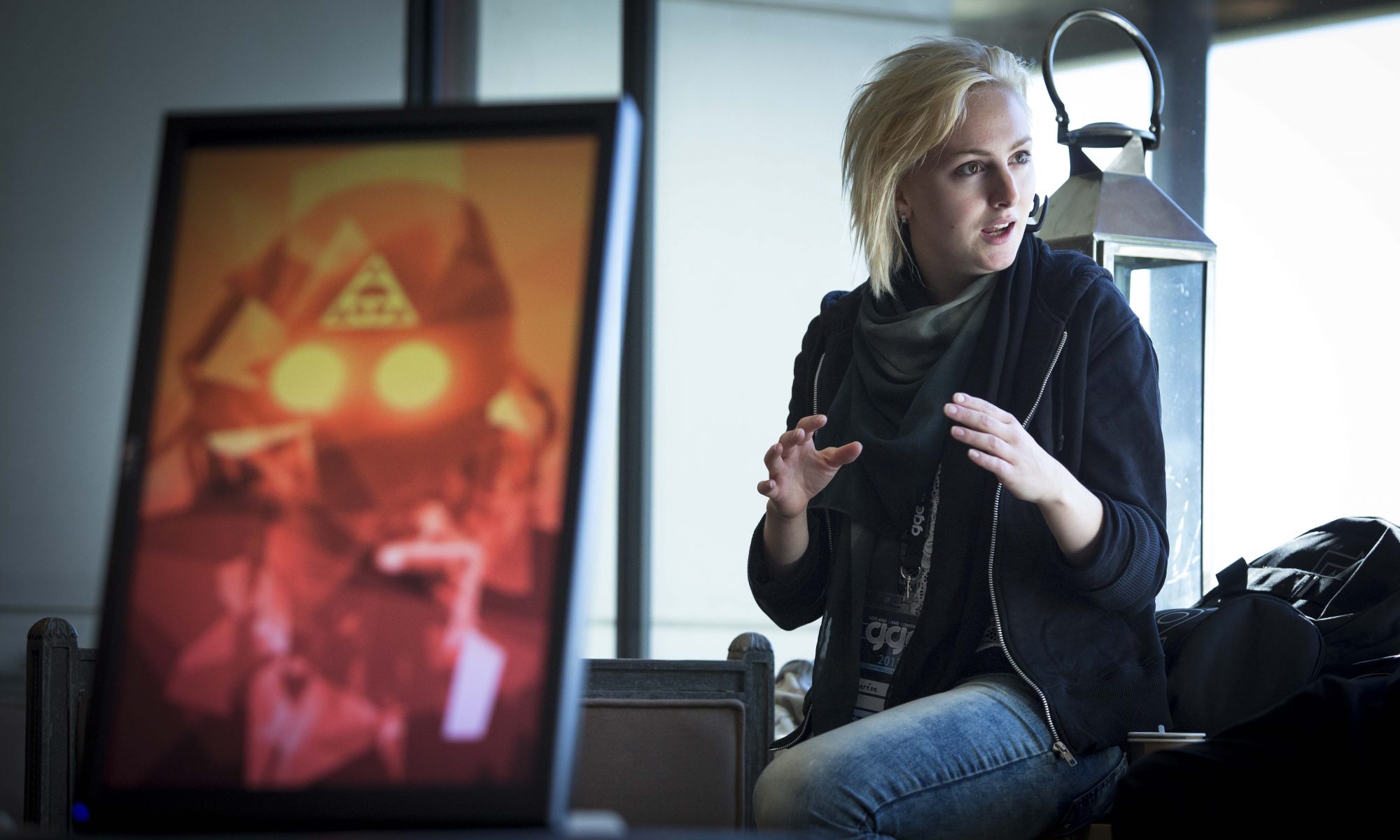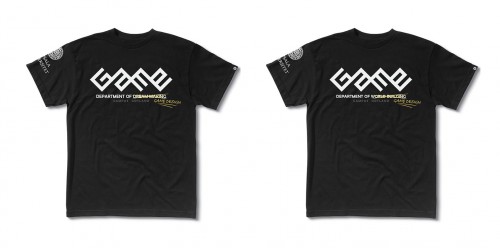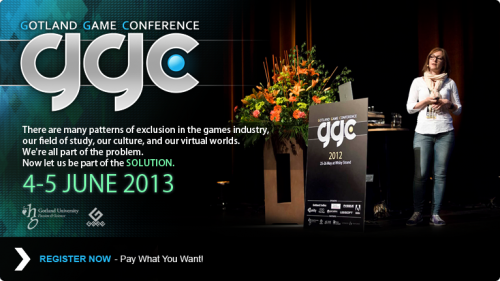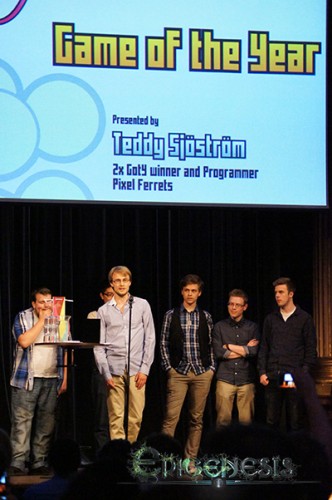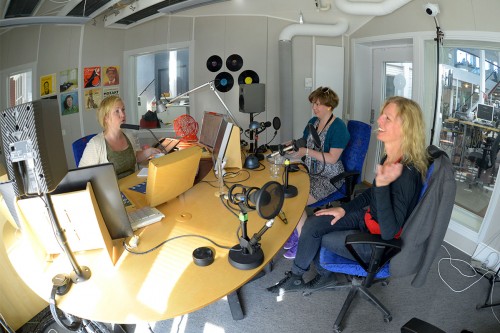In possibly the most important piece you’ll read on Gamasutra in 2013, the editorial staff of the Game Developer magazine shared their view of current trends and the future of the international games industry. They dedicate an entire page to “New Voices for Video Games”.
What they say carries such an overwhelming synchronicity with what we do that we’re simply going to let them speak for us. We’ve quoted the entire page here, adding links to the lectures we had at the Gotland Game Conference a month ago.
Over the past year we’ve seen conversations about inclusion, diversity, and the game industry pop up at trade shows and conferences, on web sites, forums, Twitter, and just about everywhere else. This is – as Sheri Graner Ray reminded us – not a new conversation, though it is perhaps louder now than it has been in recent memory.
The annual Game Developer Magazine’s Salary Survey pegs the gender ratio in the game industry at about 89 percent male, give or take a point or two. For comparison’s sake, a 2011 report by the U.S. Department of Commerce called “Women in STEM: A Gender Gap to Innovation” found that women held 24 percent of STEM jobs (science, technology, engineering, and mathematics), and 27 percent of jobs specifically categorized as “computer science and math.” The game industry’s gender ratio is twice as bad as the overall STEM fields’ ratio.
This is a problem. There is no legitimate normative reason why creating video games should be overwhelmingly a function performed by men. Fortunately, we’re beginning to see the barriers to creating, distributing, and playing games come crumbling down, which has given rise to quite a few new groups of people making and playing games. What’s more, these new voices in video games are often making games for themselves and each other, which serves to expand the medium’s potential both from a creative aspect (discovering new messages and mechanics) and a business aspect (popularizing video games as an entertainment form to new consumer demographics, and deepening games’ reach for a higher yearly per-person spend). It’s good for everyone, and it’s good for games.
The barrier to entry isn’t technical; it’s cultural. We take it as a basic truth that people get into our educations and this industry in order to make games that they themselves would like to play. When the industry is historically composed of young men making games for other young men to play, you end up creating a culture around the medium that is also by men, for men. And, at its worst, this culture can be insular, defensive, exclusionary, and downright nasty when prodded to change its ways. Thus far, games have done an excellent job of making money. As an industry, we’ve eclipsed both recorded music and Hollywood — but as a medium of mass communication it still isn’t taken very seriously.
As long as game development is primarily the domain of young men, we don’t see this changing significantly.
At the Gotland Game Conference 2013 we framed this conversation strictly in terms of gender, but the same is true for sexuality, race, economic class, and so forth. It’s no coincidence, I think, that criticism of game industry’s same-ness, particularly in the triple-A mainstream, has continued to grow louder as we’ve seen more not-white, not-male, not-straight, not-middle-class people start to make games. And when I look at the devs that are admired within the industry — the people who do the creative work that inspires us to do better — I’m seeing that more of these folks are the not-white, not-male, not-straight, not-middle-class people who are gradually making games their medium, too.
As a trend, we expect this to continue in fits and spurts, and we’re looking forward to that. However, it would be negligent to assume that this trend will continue without asking that people continue to work hard to make the game development community more supportive and welcoming.
We all owe it to ourselves, our colleagues, and our community to make video games as accessible and open as possible, however we can. This could mean initiating and encouraging institutional changes, system design and ideological shifts to further break down these walls; or, perhaps, we can just start by scrutinizing our own individual behavior and attitudes and systematically eliminating the ones which may cause ourselves or our colleagues to behave like assholes despite our best intentions.
===
Gotland Game Conference 2013 was us, publicly, joining the conversation. Of saying out loud what we have been teaching. But it was just the opening. To just run a conference and rest on our laurels would be tantamount to doing nothing at all. Anyone can run their mouth off, but things have to change.
So our second line in the conversation is joining Genusföretagarna – allowing us to learn from people who have direct knowledge and understanding of gender inequality issues, and ways of combating them.
And our third is joining the Swedish Game Industry-group. This gives us a wider platform to share what we know, and to present this information to a wider audience – outside of academia.
So. We’ve just started talking. Why not have a conversation with us?
